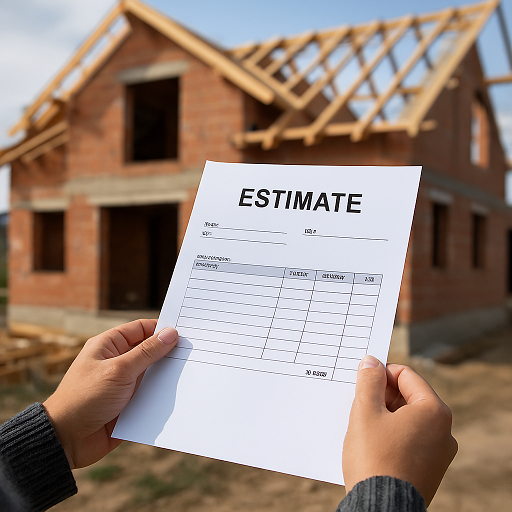Why Soft Skills Matter in the Construction Industry
- Deen Gabriel

- Jun 10, 2025
- 2 min read
When people think of construction, they often picture physical work—mixing concrete, laying bricks, or operating machinery. But behind every successful building project is more than just technical skill; it’s effective communication, teamwork, leadership, and problem-solving. These are soft skills, and they are just as important as knowing how to swing a hammer or read a plan.

In this article, we explore why soft skills matter in the construction industry and how they can make or break a project.
1. Communication: The Foundation of Every Project
Poor communication leads to mistakes, delays, and conflict. On a building site, messages often pass between architects, engineers, foremen, labourers, suppliers, and clients. Misunderstandings can cause:
Incorrect materials being ordered
Work needing to be redone
Unsafe working conditions
Good communication ensures that:
Everyone understands their tasks
The client is kept informed
Instructions are clear, even under pressure
Whether it’s writing a quote, calling a supplier, or resolving a site issue, clear and respectful communication keeps the project running smoothly.
2. Teamwork: No One Builds Alone
Construction is a team sport. A successful site needs cooperation between:
Builders and subcontractors
Project managers and suppliers
Engineers and inspectors
Soft skills like active listening, respect, and adaptability help teams work together toward a common goal. When trades support each other—rather than compete or blame—workflows improve, and quality goes up.
3. Leadership: Beyond Telling People What to Do
Whether you run a small crew or a large company, leadership means more than giving orders. It involves:
Motivating your team
Resolving conflicts
Setting a good example
Making decisions under pressure
A good leader balances firmness with fairness and knows how to bring out the best in others. This creates a site culture of trust, accountability, and professionalism.
4. Problem-Solving: Every Site Has Challenges
Unexpected issues are part of construction—bad weather, late deliveries, plan changes, or client demands. Hard skills help you build, but problem-solving skills help you adapt.
Strong soft skills allow you to:
Stay calm under pressure
Think on your feet
Come up with practical solutions
Involve others when needed
Instead of panicking or blaming, skilled contractors respond with a mindset of, “Let’s fix it.”
5. Customer Service: Happy Clients = More Work
Even the best technical job can be ruined by poor client interaction. Most clients don’t know construction; they just want to feel respected, informed, and heard.
Soft skills like empathy, patience, and clear explanation help build client trust. A contractor who communicates well and delivers good service is more likely to get:
Repeat work
Word-of-mouth referrals
Positive online reviews
In a competitive market, this can be the difference between surviving and thriving.
Final Thoughts
In today’s construction industry, technical ability gets the job done—but soft skills ensure the job gets done right, on time, and with strong relationships intact.
Contractors who invest in improving their soft skills stand out. They build not just structures, but trust, reputation, and long-term success.






Comments